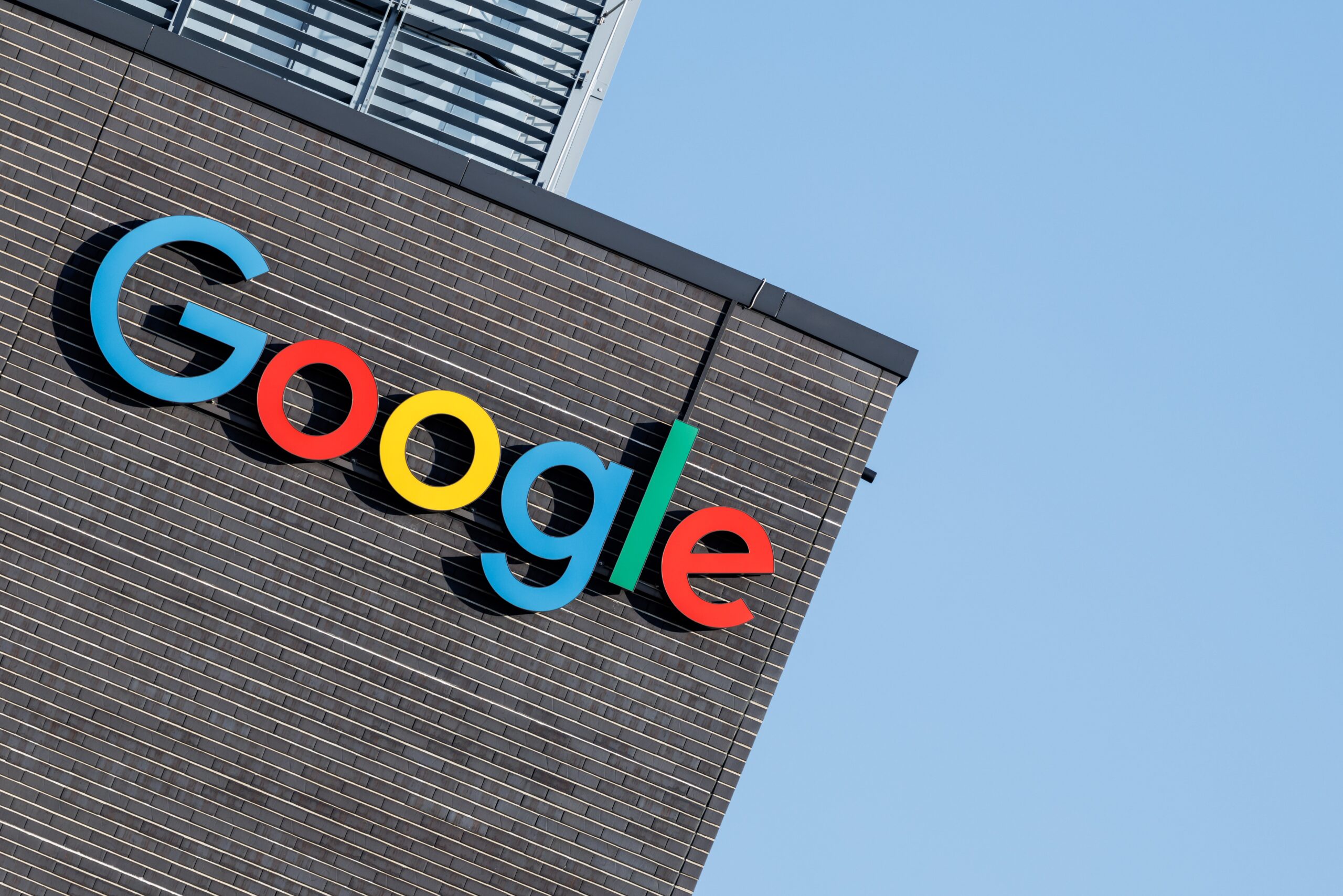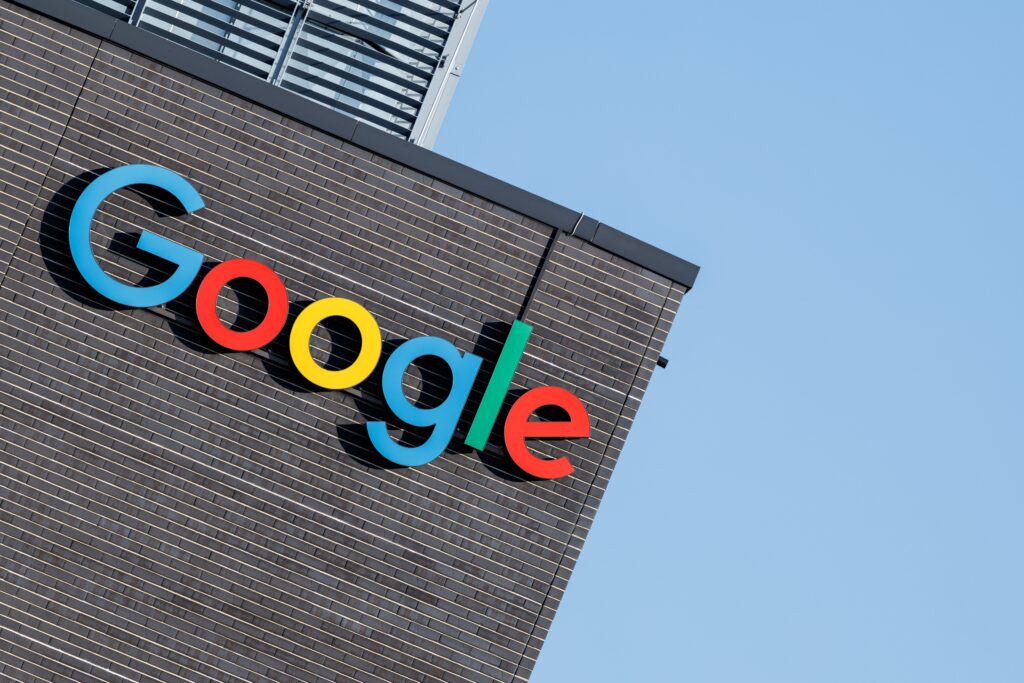
Google.org, the tech giant’s philanthropic arm, is investing millions of dollars into getting nonprofits up to speed on generative AI, part of a massive funding effort to empower organizations to adopt the tech, including Google‘s own AI offerings.
Channeled through community foundations in Atlanta, Austin, Columbia, New York City, and San Francisco, more than $10 million in grants have been awarded to technical nonprofits that will then supply individualized AI support to organizations in their communities.
In 2024, Google.org announced an initiative-wide investment in nonprofit AI integration, including a generative AI accelerator program and an AI Opportunity Fund, which would funnel nearly $100 million into training and integration programs for participating nonprofits.
Over the last year, 20 organizations have benefitted from opportunity fund grants, earmarked specifically for investing and scaling their AI expertise, staffing, and capacity. “Organizations across the Fund spent the first year creating, vetting, and piloting new, tailored AI curricula to provide practical skills to the communities they serve,” Maggie Johnson, vice president and global head of Google.org told Mashable. “They established national AI committees and working groups that spanned learning and development experts, local chapter leaders, and technological advisors (often Googlers). Now in their second year, the grantees are implementing these programs, and we’ve been excited to see their progress.”
Through the six month-long generative AI accelerator, 21 participating nonprofits received a crash course in technical training, which are expected to impact more than 30 million people through new “gen AI-powered solutions,” Johnson said. “Overall, Google.org funding recipients report that AI helps them achieve their goals in one third of the time at nearly half the cost. This spans industries including education, health, workforce readiness, and more,” she said.
Through this new round of funding, Google is funding educators, awarding millions in grants to organizations like the Tech:NYC Foundation‘s Decoded Futures project and Project Evident, which bring together leadership in the tech, social, and education sectors with nonprofits to advance safe and equitable technologies — and foster AI literacy. “By connecting nonprofits with accessible AI training, we’re equipping them with the tools to streamline operations, enhance their impact, and ultimately, better serve our community,” said Julie Samuels, president and CEO of Tech:NYC.
“Project Evident sees this collaboration as one way to strengthen the voices of nonprofits and the communities they serve in the important ongoing conversation about AI’s role in society,” said Sarah Di Troia, managing director of Outcomes AI at Project Evident. “[Our organization] calls this moment of emergent AI adoption in the social and education sectors ‘all teach, all learn,’ and we’re approaching this collaboration as a co-creation process. The most important question Project Evident asks when working with nonprofits on AI adoption is ‘Why AI?'”
Nonprofits that have benefitted from Google’s funding include global organizations like the World Bank, as well as community nonprofits like Climate Ride, a catalyst for environment and sustainability fundraising, and Erika’s Lighthouse, a nonprofit dedicated to addressing adolescent mental health — both of which received training in integrating Google’s AI-powered assistant Gemini and Notebook LM into their nonprofit work.
“We do as much as possible on a limited budget with a small team to meet our mission,” said Climate ride partnership manager Mackenzie Cole. “We’ve turned to generative AI to help us do more with our time and to fill knowledge gaps. We rely on tools like Gemini to reduce the hours taken up by time-consuming tasks, like working out spreadsheet formulas or rewriting website copy, so we have more time and energy to focus on the complicated work we do running events to fundraise for other environmental non-profits.”
As AI scales at lightning speed, nonprofits have had to leverage the tech’s practical benefits against society’s ethical quandaries around generative AI, all while trying to stay afloat in a shifting funding landscape. “As with any evolving technology, there are valid concerns around AI use,” said Erika’s Lighthouse executive director Brandon Combs. “We must also recognize that we are also in the midst of a crisis facing our youth, and these tools will allow us to quickly address and make a meaningful impact in schools across the country.”
Google’s investments join a mass effort to build an AI-skilled American labor force, with programs like the AI Opportunity Force honing in on demand among understaffed, underfunded nonprofits, rural and underserved workers, educators, and the public sector.
“Project Evident knows that some nonprofits and grant makers are hesitant to engage with AI, but AI is here, and it is not going away,” said Di Troia. “Over the past decade, AI has reshaped how we interact with every consumer-facing company, from choosing what movies to watch to completing sentences in our emails or text messages. Choosing not to deploy AI to drive productivity or more equitable outcomes not only limits nonprofits’ efficiency and impact but also deprives them of formulating an informed perspective about how AI should be integrated into our society.”
As Di Troia explained, collaborations with major tech leaders, like Google, may ensure that nonprofits and community members become critical actors within a field of AI technology developers, policy regulators, and tech evangelists.







